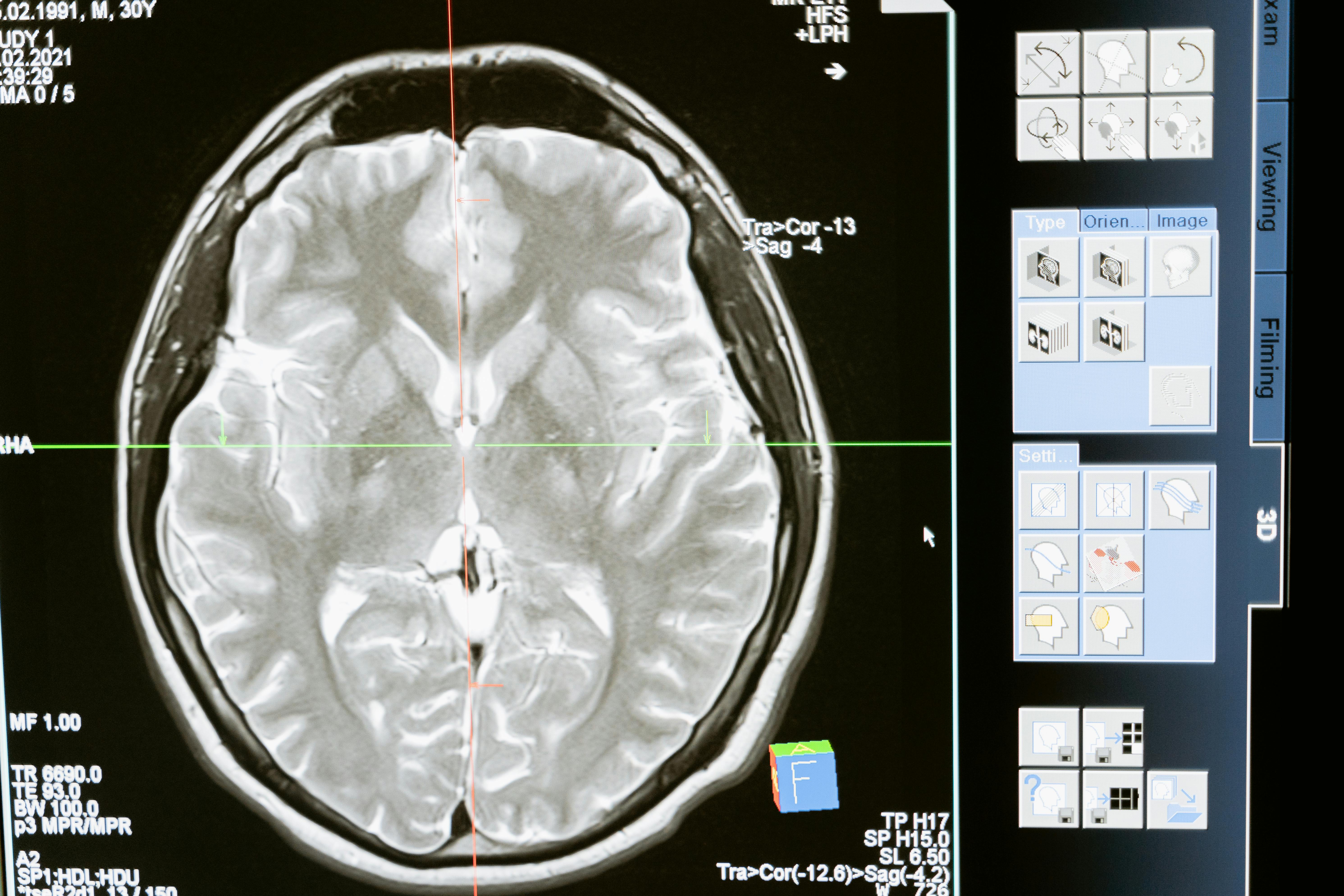The Changing Landscape of Medicine Using AI
6/16/2024

For several decades, the healthcare industry has experienced substantial changes through the integration of cutting-edge technology. However, the recent rise in Artificial Intelligence (AI) technology has the potential to reshape and revolutionize medicine as we know it.
Healthcare organizations and hospitals constantly face sophisticated challenges. Integrating tech-based solutions has always offered a greater ability to address those challenges and improve care delivery and health outcomes. Due to the growth of healthcare data, enhanced computing technology, and innovative breakthroughs in AI algorithms, the world of medicine is on the brink of the most substantial changes yet.
Far from taking over menial tasks, AI capabilities can allow healthcare professionals to achieve unprecedented levels of improvement. From the possibility of diagnosing treatments before symptoms even appear to surgeons performing complex surgeries with superhuman precision through robots guided by flawless algorithms, AI in medicine is another reality we’re stepping into.
Today, we will discuss how this transformative technology is revolutionizing how we understand, diagnose, and treat patients.
Surgeons have been using robotic instruments to perform complex and sensitive surgeries with greater efficiency. Using precise machinery eliminates the inconsistency of human hands. However, current surgical robots work in a master-slave dynamic that is completely controlled by human operators.
Recent machine learning and AI advancements aim to add an element of autonomy in robot-assisted procedures. Surgical robots operate by recording data using images and sensors. AI-enhanced robotic procedures can further improve precision and accuracy to enhance patient outcomes.
Traditional diagnostic methods often involve reviewing medical history, physical examinations, and analyzing image-based diagnostic tests, the results of which rely on human interpretation for diagnoses. AI-based diagnostics completely change it.
By integrating AI in medicine, machine learning algorithms trained on massive datasets might better detect nuanced problems that human observation might not detect immediately. The result is more precise and faster diagnoses.
Each patient is unique, and so are their responses to various treatments. Using AI solutions for more advanced patient data analysis, medical history reviews, and extensive datasets, healthcare professionals can offer personalized care plans that deliver efficient care, minimize adverse outcomes, and align with individual patient needs.
One of the most transformative aspects of AI in medicine is its predictive capabilities. By analyzing real-time and historical patient information, AI algorithms can forecast potential health complications for healthcare professionals. In turn, it gives them better insights to deliver well-informed and proactive interventions to improve health outcomes.
AI in medicine and healthcare has more applications beyond direct patient care. AI-driven systems are improving the administrative side of medicine. Improved decision-making for hospital administrators can increase operational efficiency. Advanced data analytics and management can organize extensive records and information within hospital administration.
Additionally, AI-driven systems can enhance and automate administrative workflows. Everything from staff allocation, appointment scheduling, and resource allocation can improve through predictive analysis of real-time data. The result is significantly improved patient outcomes through more effective hospital administration.
Integrating AI in healthcare is already improving patient outcomes. It allows more effective, personalized treatment plans, precise diagnoses, and better health outcomes. Greater overall efficiency also leads to reduced healthcare costs and enhances the overall patient experience. However, AI in medicine has its share of challenges and considerations.
- Legal Implications and Ethical Concerns: Even with AI, health outcomes cannot be perfect. When errors or adverse outcomes occur due to AI-related incidents, there needs to be a clear set of frameworks to determine liabilities. Additionally, AI-driven treatments might lead to challenges regarding informed consent. Healthcare institutions must actively find solutions that do not compromise patient autonomy in the face of AI-based treatment decisions.
- Training and Adoption: New technologies and approaches to care delivery will also require training staff to adapt to the changes. Healthcare organizations may need to update training programs to cover hands-on experience and theoretical understanding of AI tools.
- Compatibility with Existing Systems: Healthcare institutions use diverse and often incompatible legacy systems. Improving interoperability will be necessary for a smoother transition to AI-integrated systems across the industry.
- Patient Confidentiality and Data Breach Risks: When integrating AI into hospital management, institutions must implement strict measures for better data security and to avoid compromising patient confidentiality. Access control, better intrusion detection measures, strict access control, and training staff regarding cybersecurity risks will be more crucial than ever.
There are several anticipated ways AI in medicine and healthcare will continue to change, including:
- Digital Therapeutics: We might see more AI-driven digital therapies that will disrupt traditional treatment approaches by offering personalized and software-based treatments using real-time data.
- Federated Learning Models: Collaborative models to train algorithms across regulated settings without raw data exchange. A federated learning approach can enhance machine learning to train AI models without risking data security.
- Explainable AI: Also called XAI, a major trend might be a focus on making AI models easier to comprehend and interpret, making AI models more trustworthy and transparent for healthcare professionals.
- AI and Other Emerging Technologies: AI will likely integrate with emerging technologies like blockchain, the Internet of Things, and edge computing. The result might be significant improvements in data integrity, enhanced data analytics, and improved care.
Integrating AI in medicine is also redefining career paths for healthcare professionals. AI capabilities are creating new roles, enhancing existing ones, and demanding new skills from practitioners. While the human touch will remain a necessary component of medical practice, understanding and adapting to its changing role due to AI integration is crucial for a successful healthcare career.
At MedFire Jobs, we are helping healthcare professionals as they adapt to the revolutionary changes in the industry. Join the MedFire Jobs community to connect with the latest opportunities and resources to stay ahead. Visit MedFire Jobs today to rise to the occasion and be a part of the future of healthcare!
Article by: MedFire writing staff;
Copyright @ 2024 MedFire Innovations, Inc.
